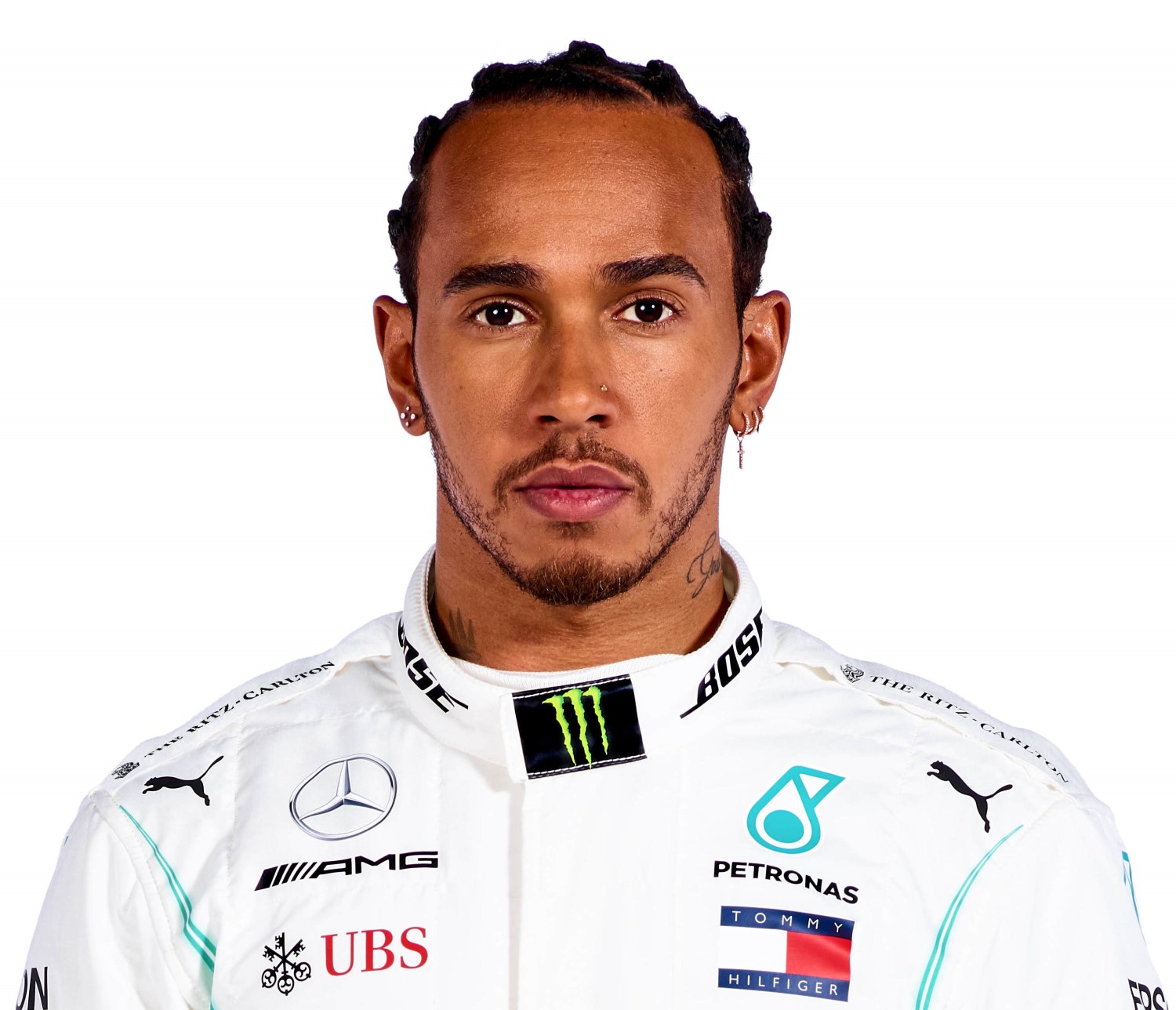Hamilton era can ‘annihilate’ F1 – report
 |
| Both had Aldo Costa designed cars, but Hamilton will shatter Michael Schumacher's once thought unbeatable records |
(GMM) Lewis Hamilton on Sunday said it is not his fault if this year's world championship is boring.
At Paul Ricard, the Briton continued to utterly dominate in a season also dominated by Mercedes. Even teammate Valtteri Bottas' early challenge to Hamilton seems now to be fading.
"A faster man won," a despondent Bottas said after the French GP.
The Finn wasn't the only despondent one. One reporter looked so down about the plight of F1 after the French GP that Hamilton observed: "You look so bored."
That reporter had asked Hamilton if he has thought about 'showboating' in a desperate attempt to spice up the season.
"I think with the world we're in today, you can't win and you lose any way you do it," said Hamilton.
"I think what's really important for people to realize is it's not the drivers' fault.
"This is a constant cycle of Formula 1 for years and years and years, even before I got here, and it's because the way Bernie had it set up and the decisions they were making back then. It's still the same."
For a driver who often calls in sick for other appearances, it is significant that Hamilton took part in the crisis meeting about F1's rules for 2021 recently in Paris.
Luca Budel, the correspondent for Italy's Mediaset, observes: "Lewis risks being remembered as the champion who won alone in a boring era dominated by a single team.
"If the goal is to annihilate Formula 1, the road being taken is correct."
And clearly, Hamilton thinks what is being proposed for 2021 is not going to fix F1.
"There is a discussion about making the cars heavier," Hamilton told Bild newspaper.
"That is not the right way. They are much heavier now than when I started. We have the best brakes in the world, but if we make the cars heavier, the brakes get too hot and we're just saving more and more fuel."
He also says the Pirelli tires are wrong, observing: "I don't know who wrote the brief for these tires, but they have never spoken to a driver.
"Those responsible have taken too long to understand that us drivers should be in the discussion about the rules."
OPINION: From top to bottom, Formula One is hopelessly in denial. The 80th birthday celebrations for Sir Jackie Stewart on Sunday offered a reminder that this can be, at its best, a great and noble enterprise, a platform for some of the bravest feats ever produced in the name of sport. But the feeble non-event of a French Grand Prix that ensued did a disservice to the very concept of motor racing.
Lewis Hamilton's lights-to-flag win here served nobody outside Mercedes: not the organisers, not fans in half-empty stands, and not the TV viewers.
Defenders of F1 claim that every sport has its longueurs, that football has its share of drab goalless draws. But the problem is that grimly one-sided grands prix are becoming the norm, not the exception. Just as surely as the sun rose over Provence, Lewis Hamilton rounded the first corner of Circuit Paul Ricard in the lead and tore away for 53 blissfully untroubled laps.
Ultimately, none of this is Hamilton's fault. His race pace was described by his own engineer as "blistering", cementing his place as Britain's pre-eminent – and arguably least appreciated – active sportsman. Once, Schumacher's record of 91 wins was considered untouchable. At the rate Hamilton is going, bringing up his 79th with not a moment's fuss, he could overhaul it by the end of the year. Granted, this would mean winning every one of the 13 races left. But who, on the latest evidence, would bet against him?
Hamilton would be wise not to hold his breath. If there is one area where F1's suits are highly skilful, it is in the art of kicking the can down the road.
The regulation changes for 2021 were supposed to have been agreed by now, but the top teams' fierce protection of their own interests ensures that any decision has been delayed until October. What this sport needs is a transformation, but what it is likely to receive, thanks to the squabbling between 10 teams with vastly different budgets, is a watered-down compromise.
Still, the denial persists. Toto Wolff, the Mercedes team principal, seemed to believe this so-called race in France had been full of drama. "When you sit where I sit, you hear all the things that need to be managed," he said.
Trouble is, loyal F1 fans do not, and never will, inhabit Wolff's seat, monitoring complex engineering panels. All they ask is enthralling action involving the most fearsome racing machines on the planet. For now, they have neither.
The 2019 cars prioritise technical precision over physical demands to such an extent that Lando Norris, a 19-year-old rookie, has handled the step-up to F1 with ease.
As for the action, it was so scarce on Sunday (Monday NZT) that runner-up Valtteri Bottas blamed his 18-second deficit to Hamilton by explaining the need to conserve his front tyres.
It is a comment that reflects the depth of the rut that F1, trapped for too long inside its own bubble, now finds itself.
The revolution cannot come soon enough. Oliver Brown
